|
The six skills of pianists
I don’t believe in talent. In my experience, all the so-called talented people turned out to be the hardest working, patient, and focused people of any cohort. However, they also had access to resources, like time and money to support their journey. Fortunately, there is a consensus around the core curriculum and its proper sequencing in formal piano studies.
If I can help you on your journey, call me. David Revised 2024
0 Comments
I take lessons and play in several musical groups. Only one group needs serious practice of specific pieces outside of rehearsals. However, all the groups are populated with active and retired professional musicians, like me, who expect that I will show up ready to play. Furthermore, the teacher I work with expects me to show up prepared. Some weeks I'm given a dozen pieces to learn. This is how I manage. I divide the pieces into two piles. The first pile consists of the pieces I can sightread. I never practice these. The second pile is divided into two further piles: the easy pile which consists of pieces that have passages that need the once over and the difficult pile that causes panic. I quickly dispatch the easy pile. In preparation for tackling the difficult pieces I repeatably listen to professional recordings of the pieces to have a clear aural understanding of the part. I then tackle the difficult stuff as follows.
Because I've prepared properly my heart is not conflicted. I'm at peace with whatever happens because I have done all that is humanly possible. However, sometimes, life gets in the way, and I will show up less than prepared. Then the banked musical skills of half a century kick in. You may not have half a century of experience to lean into, but as time goes by you will. If I can help you learn to practice, call me. David Revised 2024 1. This chart helps to explain why taking notes is so important at a lesson. Don't just rely on the teacher's notes. Writing notes will help you to remember the class with more clarity.
2. This chart explains why the best time to practice is immediately after the lesson. 3. This chart explains why spaced repetition is so important. We forget most things we've learned if we don't heed the science of forgetting. 4. This chart demonstrates that we forget two-thirds of what we practiced the day before. 5. The chart should give you comfort that you are a normal learner. 6. The Harvard paper below offers some concrete helpful information on memorisation. If I can help you, call me. David References: Replication and Analysis of Ebbinghaus’ Forgetting Curve | PLOS ONE How Memory Works | Derek Bok Center, Harvard University I teach many retired professionals. Some are lapsed musicians; others are just starting out their piano journey. All of them are keen. To help out, I've taken notes of some of the characteristics of my successful students.
If I can help you with your dream of playing the piano, call me. David A New Student's Profile
The new student is a young professional with a keen interest in learning to play jazz piano. They took piano and trumpet lessons in high school. They have a basic understanding of music theory. Aural skills are excellent. Their program will include the following components:
David
Have a great summer. If you would like to meet in the summer, call me. I have some limited availability. Cheers, david Years ago, while adjudicating piano exams in Aurora Ontario, I heard a young child came in to sit for her grade 2 piano exam. The performance was so beautiful, it took my breath away. Could you learn to play as well as her? Yes, with patient work. Thankfully to play the piano competently only requires you to follow a well-worn path. A path that has evolved over the last two hundred years beginning with CPE Bach's 1787 "Essay on the True Art of Playing Keyboard Instruments," to today's Adult Piano Adventures by Nancy and Randell Faber. I invite you to follow the links for more information. However, you will need to plan to succeed; so please consider the following conditions that you will need to meet:
If I can help you, please call me. David text: 905-330-1349 Angela Hewitt shares her tactics, strategies, and stories on how she keeps her musical memory strong. It is interesting to note that musical conservatories, like the Royal Conservatory of Music in Toronto, have developed curriculums that prepare the ground for developing and maintaining musical memory.
Link to the article: ‘Like sex and religion, we don’t like to talk about memory’: pianist Angela Hewitt on how she keeps hers in shape | Classical music | The Guardian My wife is preparing for your Grade 3 violin exam. She asked ChatGPT about preparing for the big event. Here are the results.
Hi ChatGPT. What are your recommendations about preparing for a practical violin exam? ChatGPT. Here are some general recommendations for preparing for a practical violin exam:
Wow, the advice is solid. However, a few things are missing. 10. Listen to professional recordings of your music. This is a proven method employed in the Suzuki music methods. Students need to be able to recognize an incorrect note(s) in their playing. The advice is all old school except for step five. David BTW, my wife is a professor of education who writes on Ai. Without desire you have nothing" Madame Boulanger It is a good day to revisit the elements of musicianship. These are the areas of practice and/or reflection that successful musicians and earnest students consider, do, and follow.
1. They listen to professional recordings and mark up their scores in response to what they hear. This is the shortest way to develop stylistic awareness in your playing. 2. Theory helps musicians understand what they are listening to, communicate with their colleagues and teachers, and see the structural patterns within the music. 3. A fine sight reader takes less time to learn a new piece. Furthermore, a fine sight reader can play music for fun, without preparation. 4. Technique is the pillar of success; nothing is worse than hearing music in your head that you cannot execute. 5. Aural skills are ear skills connected with theory skills.
6. Historical awareness is the depth of knowledge and experience a musician/student brings to a project. If you want to play country music you have to know the players, repertoire, and historical styles of the genre, or your performances will always lack insight and finesse. Ditto for jazz and classical music. 7. However, your emotional commitment to the project is the most crucial element of musicianship. You must have faith that, with time, your goals are reachable. Students who follow the curriculum, practice correctly, attend concerts, listen to music, hang with other adults on the same path, seek additional information to support what they learn in lessons, ask questions, and persevere will win. If I can help, call me. David There are no secrets to discover as the steps to becoming a jazz musician have already been mapped out by previous generations of musicians and educators. My first suggestion? Don't waste your time online looking for "the secret."
Here are my top five non-secrets to learning to play jazz.
Project suggestion. Investigate the jazz curriculum outlines of jazz colleges and compare. Here is a start. Jazz in America Lesson Plans through the National Jazz Curriculum - Hancock Institute of Jazz TRADITIONAL JAZZ CURRICULUM - Jazz Education Network (jazzednet.org) Yearly Program Study Plan; B.Mus. Jazz | Music - McGill University Bachelor of Music in Jazz Studies - Education - Capilano University Jazz Studies (BJazz) | Explore UM | University of Manitoba (umanitoba.ca) You will note the following areas are common: lessons, theory, ear training, ensemble playing, history, and improvisation. If I can help you call me, I teach piano, and jazz. David This week an adult student came to class in a state of agitation. They were frustrated that they didn't have time this week to practice, and they felt embarrassed.
Five things to consider.
I said, "John, think of this hour as an oasis without responsibilities". That worked, he had a fun lesson. He even sent a thank you email after class. David Piano students often ask me, “what should I focus on in my practice sessions?” Here is my reply.
Pieces, etudes, theory, sightreading, ear training, history, technique, ensemble skills
Do you have enough time to take piano lessons?
Given the demands of overscheduled lives, most adults will have to give up some activity to make room for a new one. Google "how many hours does the average adult spend surfing on their phones?" Cutting that in half will free up enough time to learn piano. Call me when you are ready. David Revised August 2022 This is what Rick is working on.
Rick’s memorized list of tunes with study links.
Steps to soloing fluency.
Revised August 2022 Preparing to succeed is the first step. Here are some things successful student do to prepare.
1. They understand how to use Zoom. They have set up the camera so that I can see their hands. The screen is set up so that they can see me as well. Some students use more than one camera. (Most students set up the laptop on a table to the side of the piano.) 2. They have created a realistic practice schedule. They understand that learning to play the piano to a level of proficiency takes time. 3. They have created an organized practice space for productive work. 4. They understand the costs involved. 5. They have told their significant others of their plans and their need for emotional support and encouragement. 6. They understand that they need to lean on their strengths when the going gets tough. If I can help you get started, please call me. David Revised August 2022
David Revised August 2022 Theoretically yes. The internet is full of hucksters telling you that learning to play the piano is easy. It's not, but it is fun. Every day I watch my students grow; the days turn into years. And, inch by inch, progress is made.
If I can help you on your journey, call me. David Revised August 2022 Everyone understands that the piano is played with the fingers. But not all students understand the role of the wrists, arms, and shoulders in piano playing. These techniques create a kaleidoscope of colour in our playing, and it helps reduce our chances of injury. I wish my early teachers had spent more time on this when I was a kid. My ignorance of these techniques lead to significant arm injury in my late twenties. At age thirty I began relearning the piano with Donald Himes. It took 15 years. Modern piano teaching methods introduce each of these techniques at the appropriate moment. Here is a partial list of techniques. They be observed in the playing of fine pianists. Here is a partial list.
I use some of these techniques in the following video. If you would like help, call me. David Story Donald Himes: Music director/composer for the Mr. Dress-up show CBC. He played from the 1st show to the last. A fine pianist, great teacher and avid Francophile. Revised August 2022
These three are the most neglected aspects of music study. Theory Skilled musicians see harmonic, rythmic, and structural patterns in the music, beginners see a string of notes. The purpose of theory study is to help us to see and understand these patterns and their significance, which over time, leads to artistry. As a former teacher put it, "understanding what you are seeing makes everything easier." How you think about the drum set, what you have heard, and what you understand about the musical past of the instrument determine how you play the instrument musically. Ed Soph, master teacher History
Different eras of music sound different. When you understand the broad outline of music history, you will have informed knowledge on the interpretation of the piece. Ear Training Ear training is a wide set of skills:
Some folks have it easier here than others, but I can confidently say that as a kid I started with a tin-ear, but over time, with practice I developed a high degree of skill. I can help you too. Call me. David Revised August 2022 Yesterday fourteen piano students got together in a jazz club and jammed with a bassist and drummer. What a blast!
Here is some feedback from students:
Next up February, Covid willing. If you'd like to join us, call me. David Revised September 2022 Playing the piano well is not easy, but it is possible with time, effort, and focus. Click on the photo to enjoy the whole story.
David 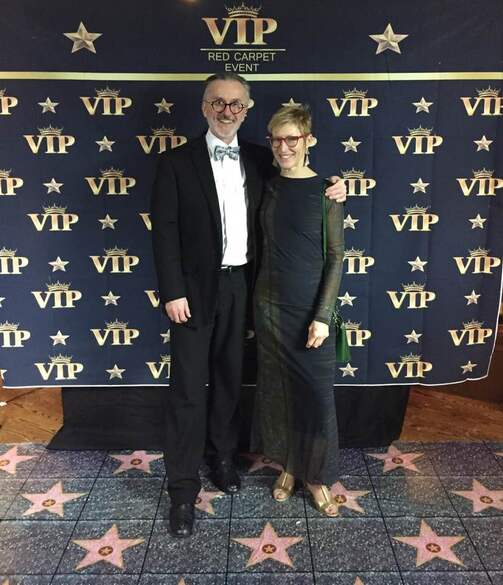 Waltz night at Massey College. Waltz night at Massey College.
Number 3 is the saddest. “I tried teaching myself “. Trying to teach yourself from YouTube or some half-baked app is like trying to teach yourself to drive a car from YouTube. Let that sink in for a moment. A teacher will make you a plan, sequence the material for you, respond to your concerns, and inspire you. Number 1 and 4? " I have no talent; I have no rhythm." I take ballroom dance classes with my wife. She is a natural and trained dancer. I’ve no talent or rhythm. But I’m having fun every week. Nobody cares, not even my wife. We are having way too much fun dancing to worry about my lack rhythm or talent. If I can help you overcome the resistance, call me. David Story Revised September 2022 |
You've got to learn your instrument. Then, you practice, practice, practice. And then, when you finally get up there on the bandstand, forget all that and just wail. AuthorI'm a professional pianist and music educator in West Toronto Ontario. I'm also a devoted percussionist and drum teacher. Categories
All
|
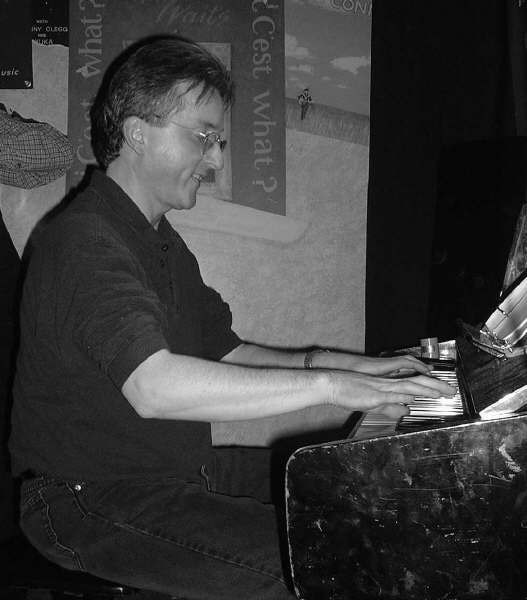
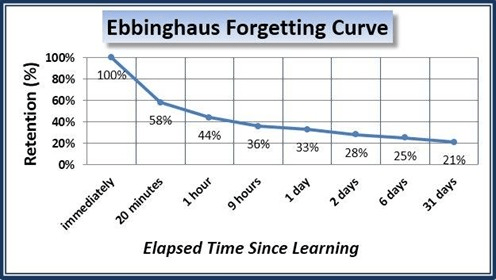
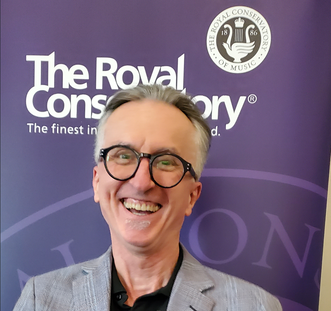
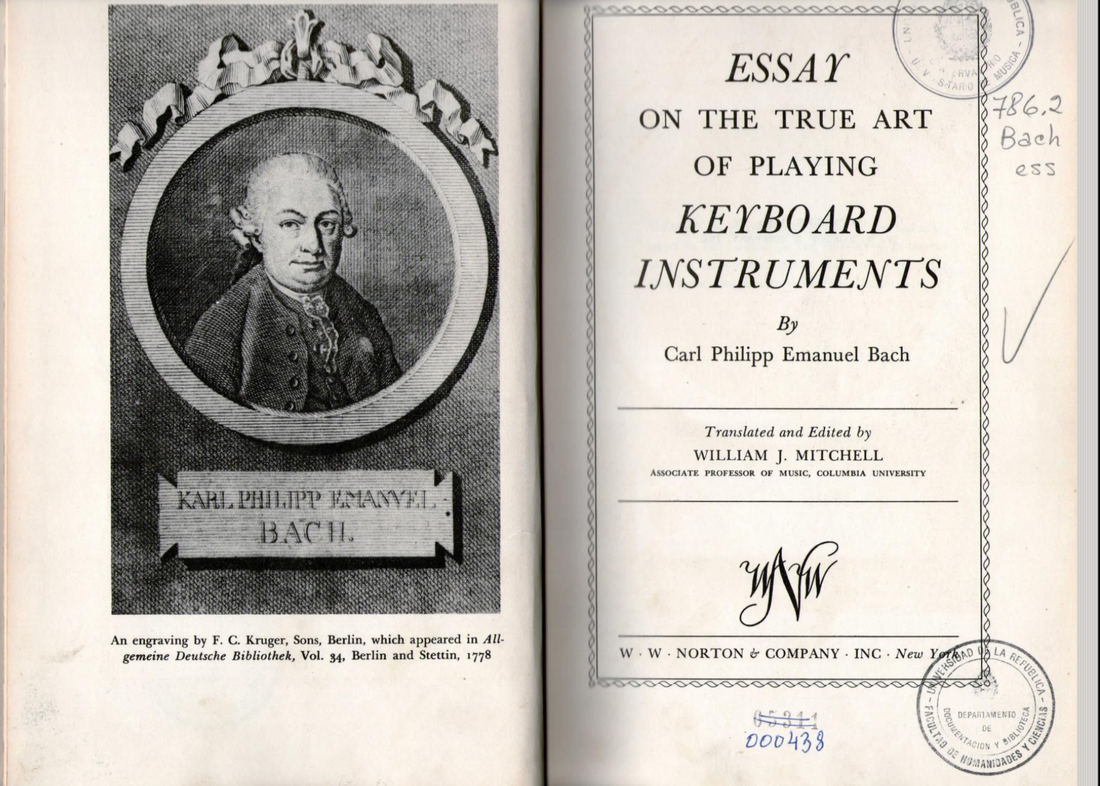
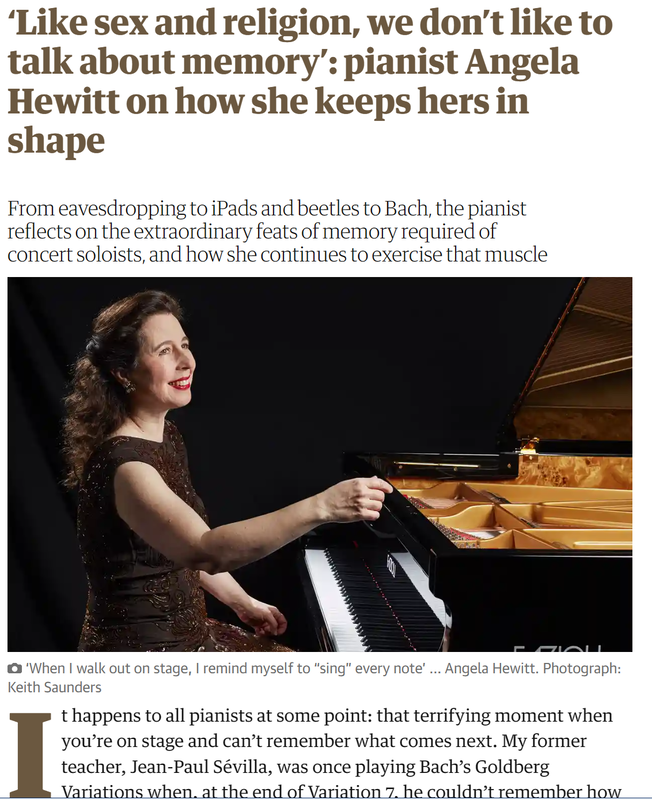
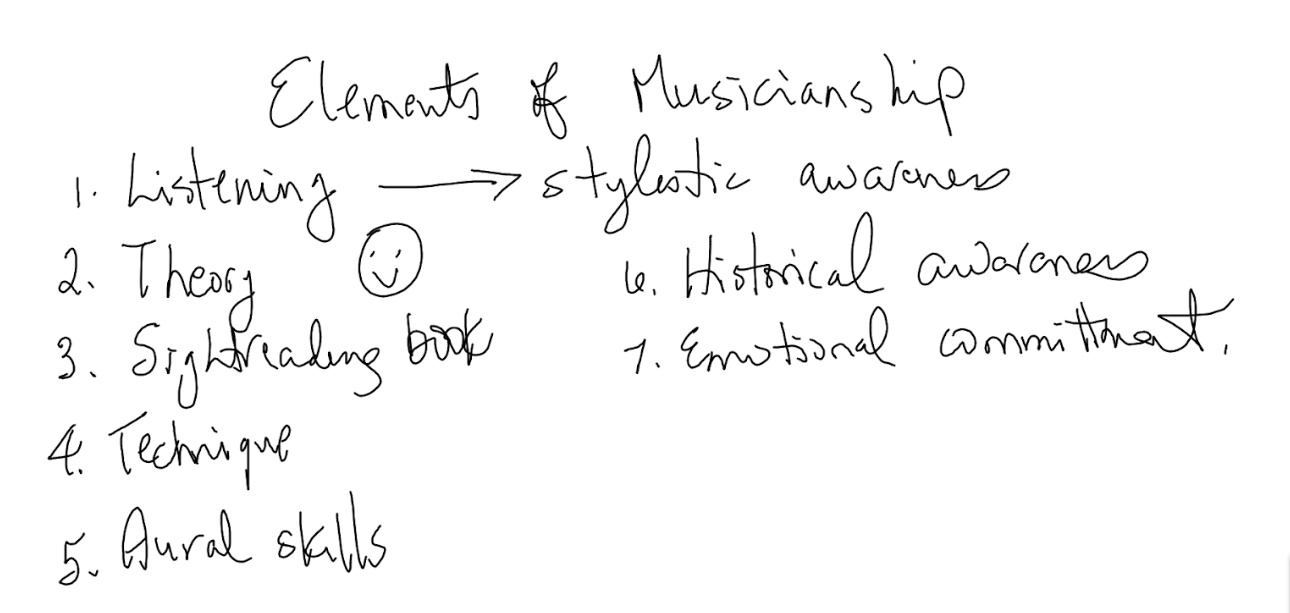
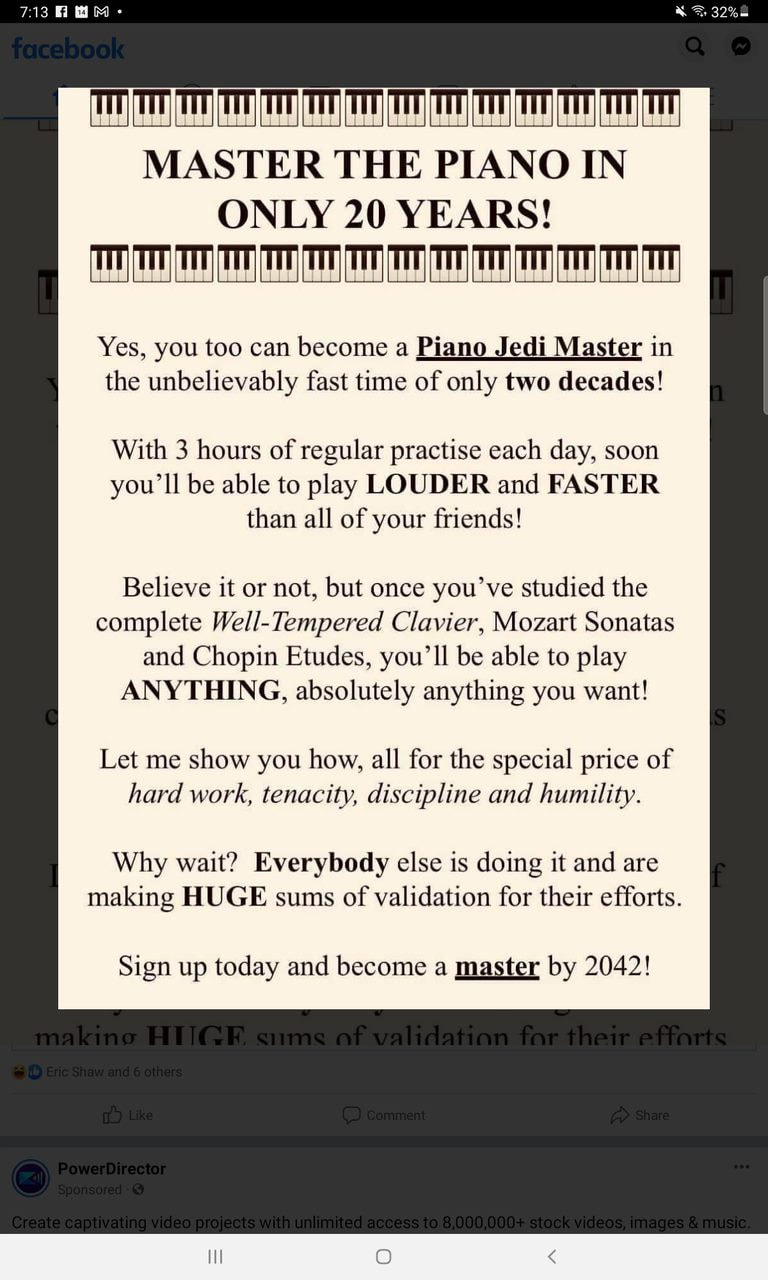
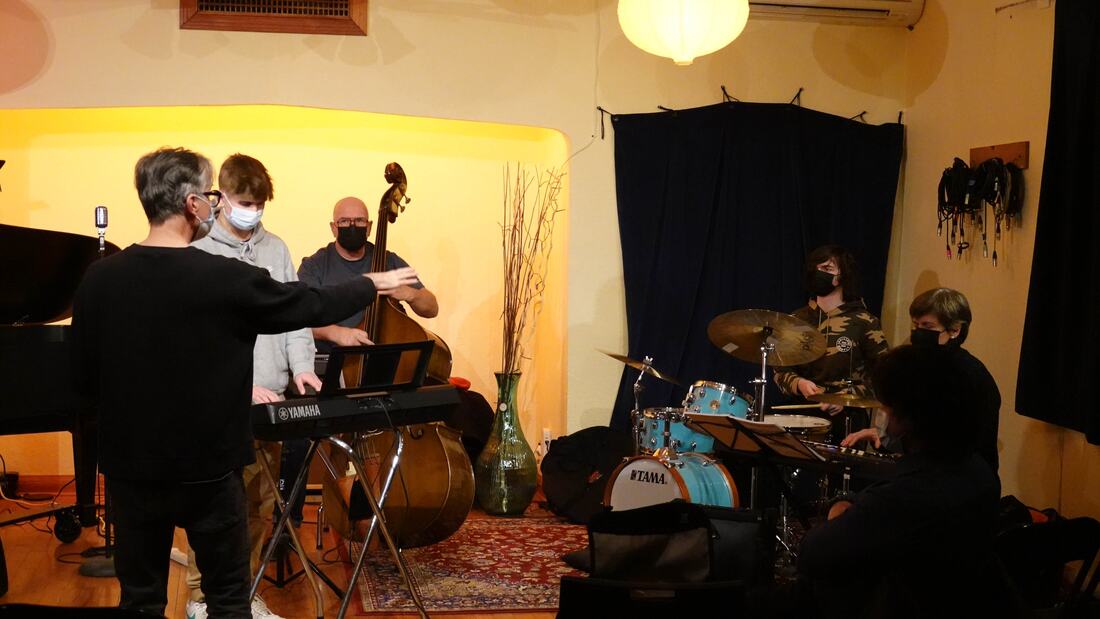
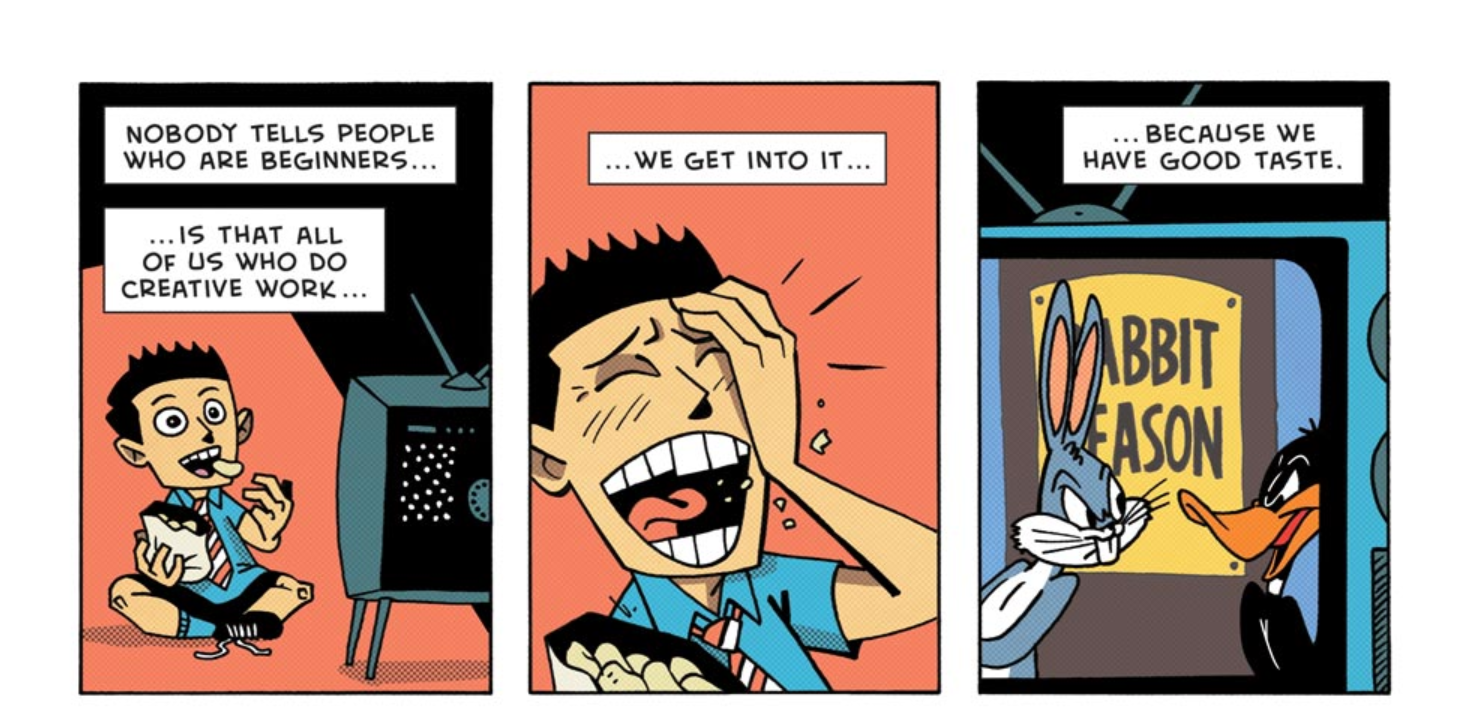
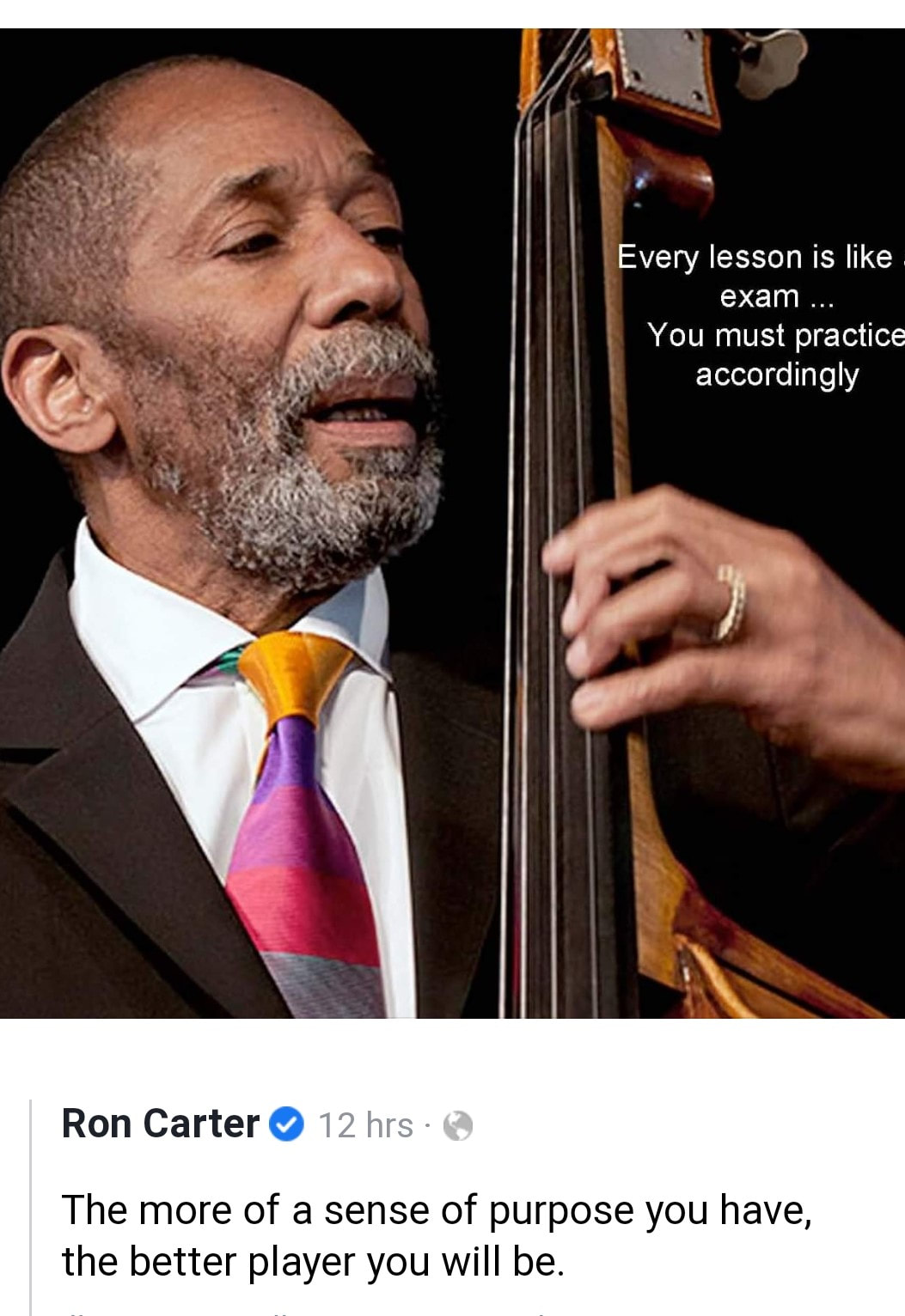
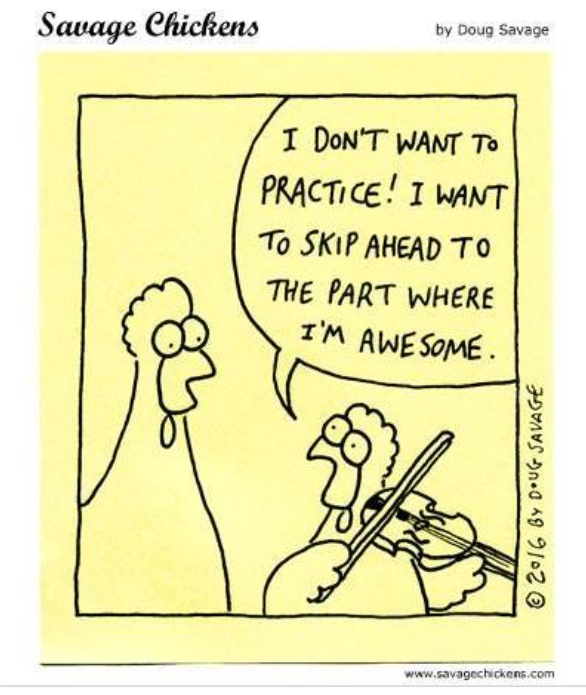
 RSS Feed
RSS Feed